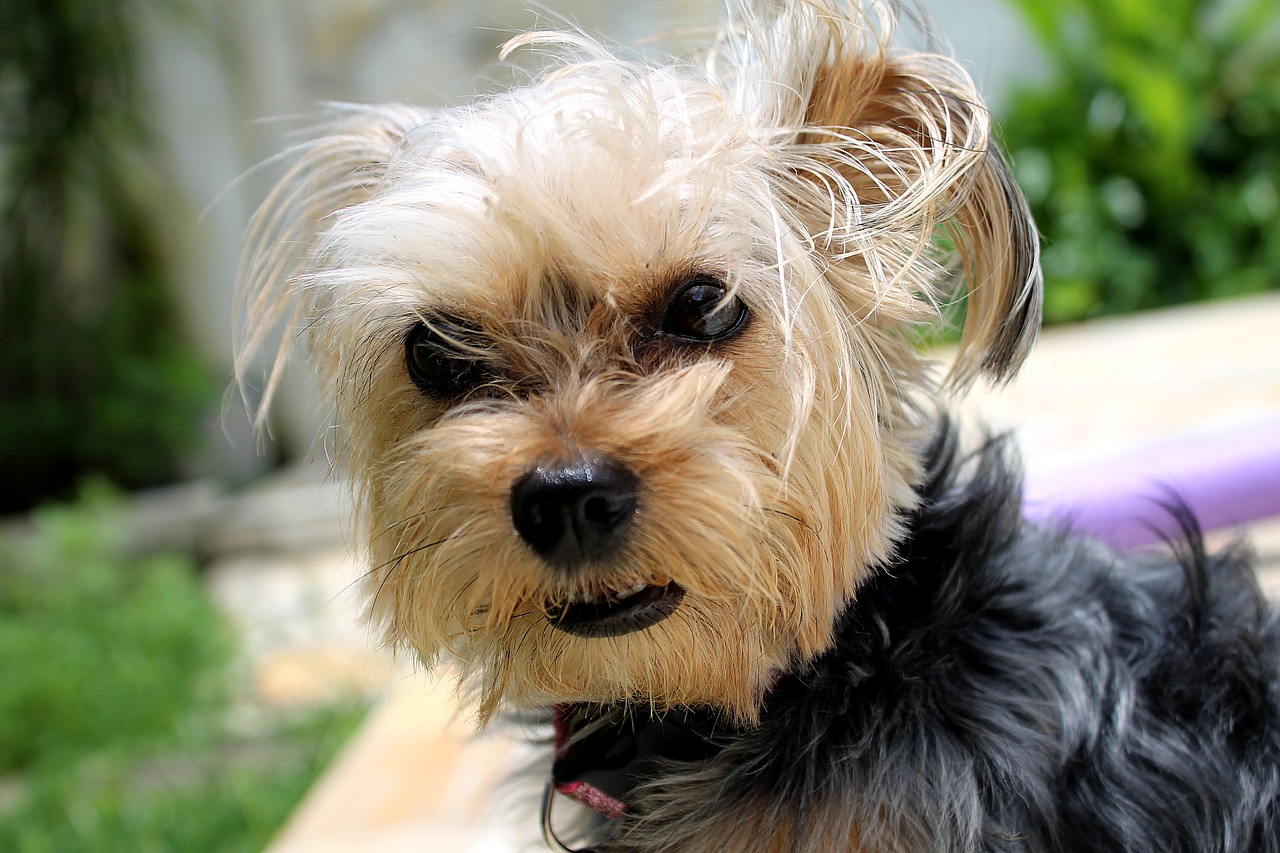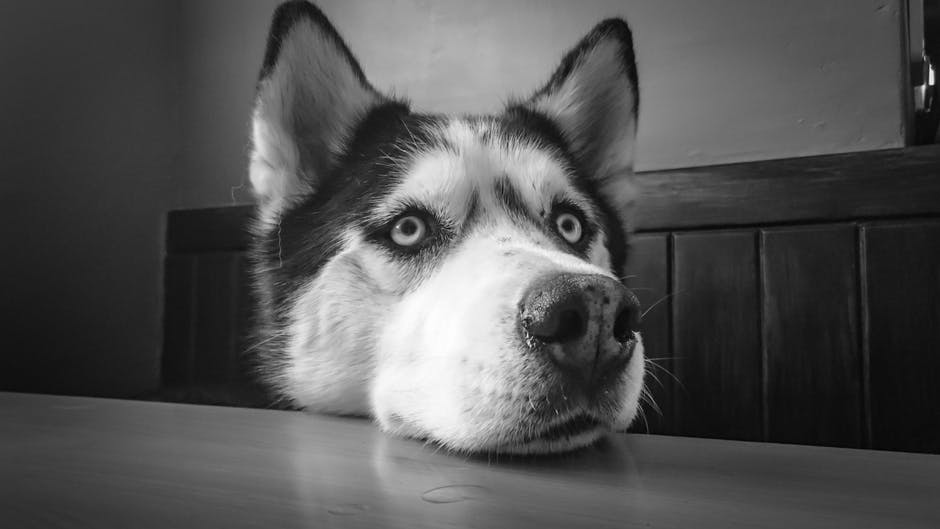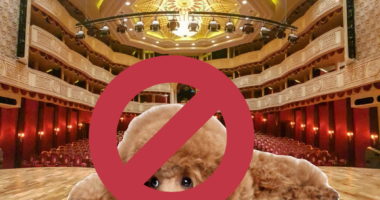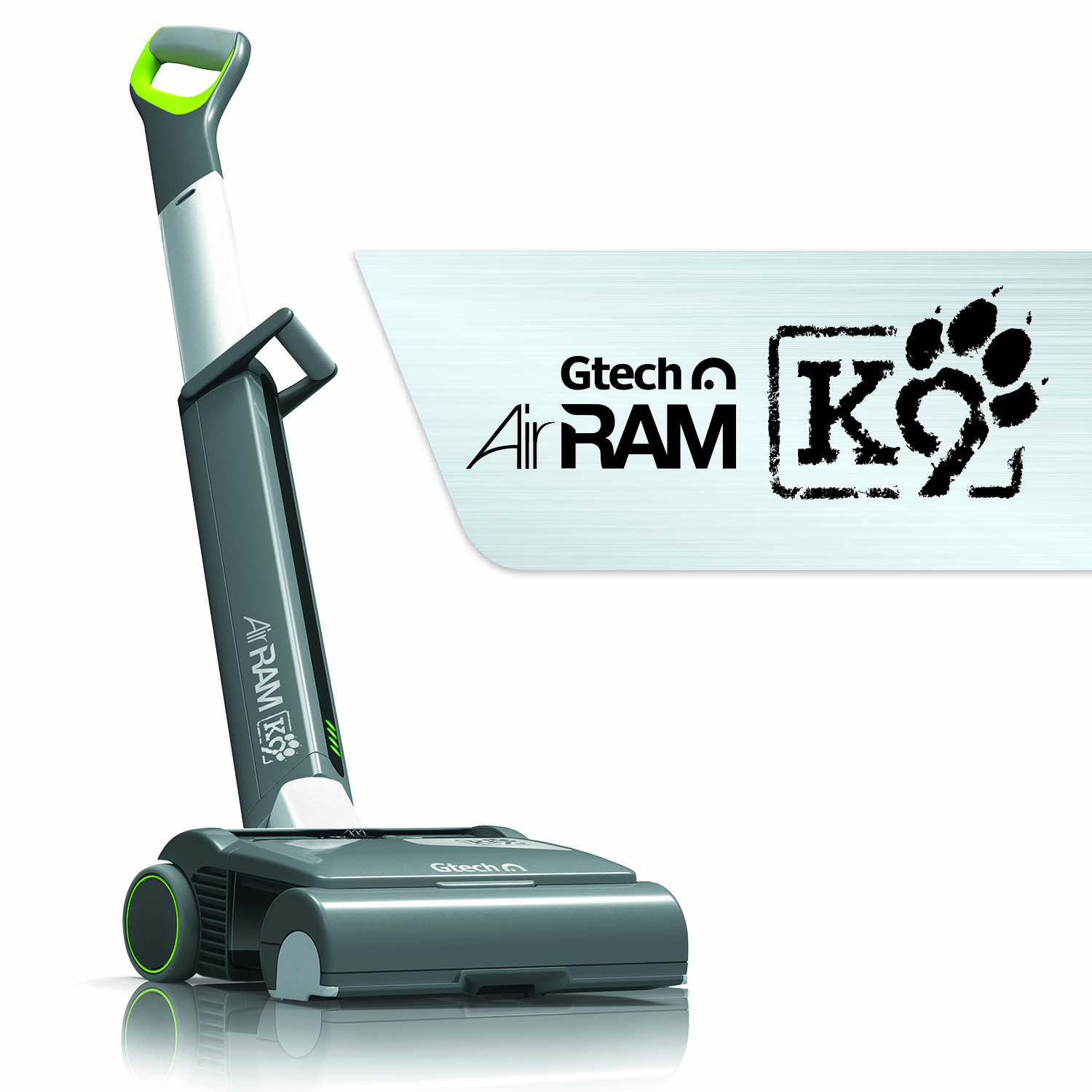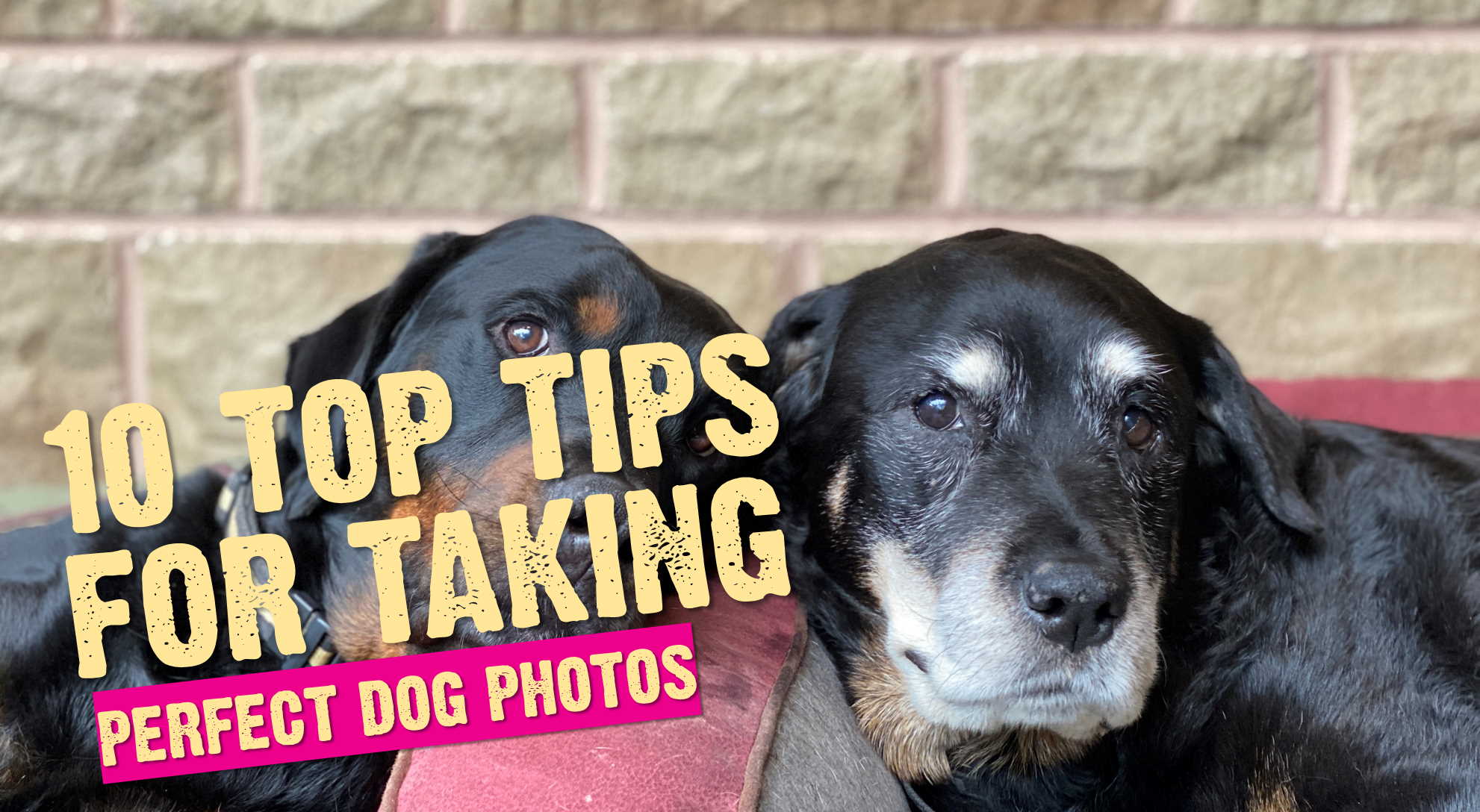A veterinary charity is encouraging owners to take early action to help their nervous pets cope with the oncoming onslaught of loud bangs caused by the UK’s ever lengthening firework season.
Research by PDSA has revealed that the owners of a staggering eight million dogs and cats report that their pets are afraid of fireworks with more than a thousand pets being seen at its pet hospitals in the last 12 months for fireworks-related issues such as phobias and injuries.
PDSA Senior Vet, Sean Wensley, explained: “The PDSA Animal Wellbeing Report found that around 40% of UK owners of cats and dogs report that their pet is afraid of fireworks, and anyone who has seen their pet go through this misery knows how serious their anxiety and fear of firework sounds can be. Many shake and tremble, are unable to settle, toilet in the house, destroy furniture, and can even cause themselves physical injury if they panic, try to escape or run away.”
To help pet owners reduce their pets’ fears, the charity is urging people to take action early. Thanks to funding from the players of People’s Postcode Lottery, PDSA’s expert vets have produced a step-by-step Fireworks Ready guide for owners to help them prepare their pets. Go to pdsa.org.uk/fireworksready
Sean continued: “For young pets, careful management of their first experience of fireworks can prevent these fears from developing in the first place. For older pets who are already suffering, reward-based behaviour techniques can be very effective. Both of these approaches take time and patience, so it’s important to start early; in puppy or kittenhood for young pets, and well before fireworks season for older ones.”
PDSA’s Fireworks Ready action plan takes owners through the process of preparing pets for fireworks season, use of pheromones and sound CDs, how to build a noise-reducing fireworks den for pets, plus a checklist for the day itself.
PDSA hopes to help pets like Zakk, who ended up with severe but unexplained injuries to his legs and paws after he was spooked by fireworks. His owner had let him out into their garden when a neighbour suddenly set off fireworks – Zakk panicked and jumped over the gate. He was eventually found the next day covered in blood caused by nasty cuts to his paws. He was taken to a PDSA Pet Hospital where his wounds were treated, but it took a month for them to heal.
Sean commented: “We don’t know exactly what caused Zakk’s injuries – he could have been hit by a car, or cut himself on something as he panicked. But his story highlights how important it is to be aware of the significance of firework phobia for pets and to know that help is available from your local veterinary practice.”
Firework Advice For Nervous Pets
If you own a young puppy or kitten who will be having their first experience of fireworks, read up on the process of socialisation. This is when young pets are gradually introduced to various people, objects, sounds and experiences during their first few months, which can significantly reduce the likelihood of fears developing in later life.
If you have an older pet who already shows signs of fireworks phobia, using a CD for noise-phobic pets to gradually get them used to the sounds of fireworks may help. Build up the volume and duration very gradually over a period of weeks, and ensure you remain calm and relaxed whenever you play the sounds, so your pet learns there is nothing to be afraid of.
Build a ‘fireworks den’ for your pet, somewhere they feel safe. For dogs, this may be behind the sofa or under a table – cover it with blankets and line it with pillows or cushions to absorb some of the noise. Cats often feel safest when high up, so a safely secured, covered cat bed on top of a wardrobe or shelf may be their preferred option. Build it a few weeks ahead of fireworks season, and give your pet healthy treats or praise when they use it so they build a positive association, but don’t force them to use it.
Ensure that cats and dogs are microchipped (this is a legal requirement for dogs anyway), so that if they run off in panic, they can be quickly reunited with their owner when found
Use pheromones – these are available as diffusers, which release scents which are undetectable to humans, but have a calming, reassuring effect on our pets. They are available for dogs and cats, and should be used for several weeks leading up to fireworks season.
For severe phobias, we recommend speaking to your vet, who will be able to discuss various options including referral to an accredited behaviourist.
Enter your email and never miss out on receiving our best articles:
